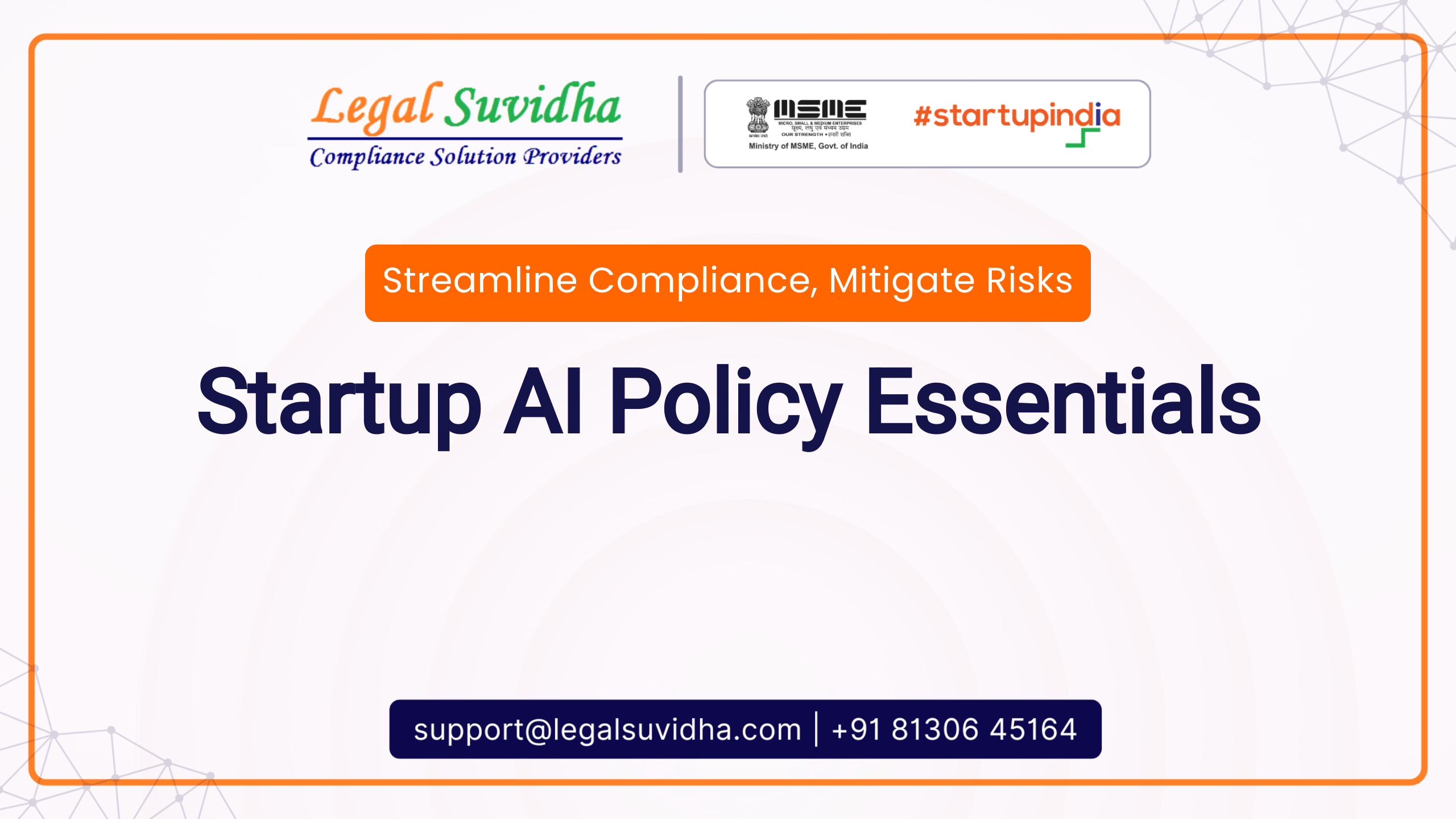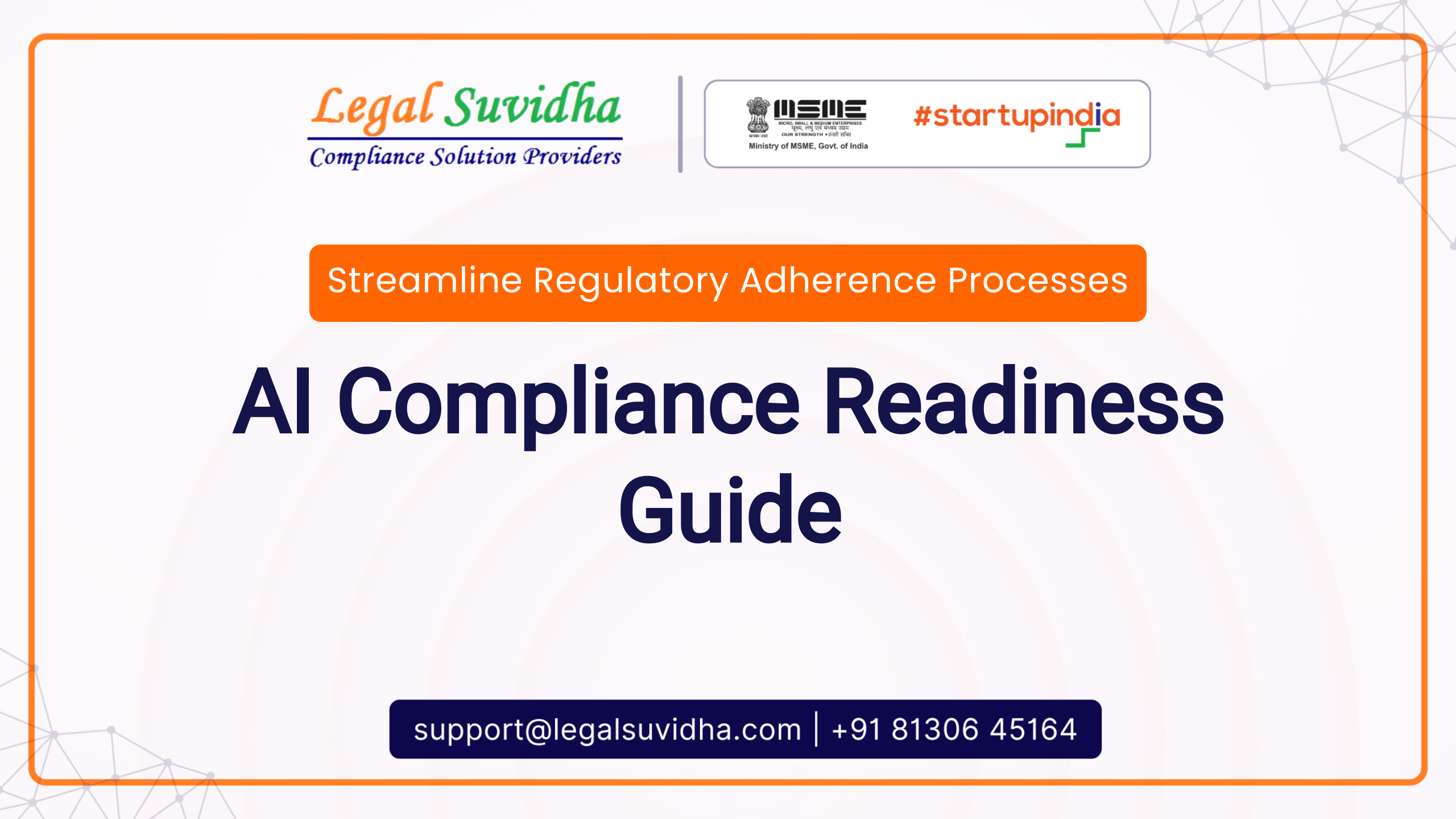EVERYTHING ABOUT EMPLOYEE STOCK OPTION PLAN (ESOP)
Employee stock option plan (ESOP) or Equity incentive plan is the scheme used by the companies to give ownership interest to its employees. ESOP is regulated by Section 62(1) (b) of the Companies Act, 2013 and SEBI (ESOS and ESPS) Guidelines, 1999.
The latest amendments in the guidelines were given by the SEBI in 2014 followed by an amendment in 2015.
What is ESOP?
ESOP or Employee Stock option Plan is an employee-owner method which provides ownership stake to its employees.
This method is used by the organization to attract, encourage and retain its employees. The employees are given an option and it does not obligate the employee to accept this scheme.
An ESOP is an option given to its whole time directors and permanent employees the benefit or the right to purchase the stock of the company at a predetermined price.
Benefits of ESOP
- It keeps the employees motivated as direct stakes are involved.
- It is a ‘kind’ payment, instead of cash.
- It gives a sense of ownership.
Thus giving ESOPs to employees helps the companies and even start-ups to attract potential employees, to retain and motivate the employees.
Who is an employee?
According to the guidelines provided by SEBI an employee is:- A permanent employee of the Company A director of the company An employee of a subsidiary
An employee does not include
An employee who is the promoter or an employee of the promoter group (an immediate relative)
A director who owns directly or indirectly more than 10% of the equity shares of the company.
All the listed companies are regulated by the SEBI (ESOS and ESPS) Guidelines, 1999 and all the unlisted companies are regulated by the Rule 12 of Companies (Share Capital and Debenture) Rules, 2014.
The ESOPs can be issued through two routes
- Equity Route
- Trust Route
Equity Route
In this route the company issues equity shares of the company to the employees as and when they exercise the option.
Trust Route
In the trust route the company forms an Employee Welfare Trust for the administration of ESOP in the company. The company issues shares to the trust which is forwarded or transferred to the employees upon exercise of options.
Procedure followed for the formulation of ESOPs through equity route
Step 1- Constitution of Compensation committee
Section 5 of the guidelines provide for the formation of a compensation committee. A compensation committee is formulated by the board of directors (BOD) and consist of a majority of independent directors. The Board of directors can also choose a merchant banker, however it is optional. This committee is set up to formulate detailed terms and conditions for the ESOP.
Step 2- Framing of the plan
The Compensation Committee frames a plan. The plan must be in accordance with the guidelines provided by SEBI. The Compensation committee is for the administration and superintendence of the ESOP plan.
Step 3- Presentation to the BOD and approval
After formulation of the plan by the compensation committee the BOD approves the plan. In case the company is listed, the plan should have an approval from the respective stock exchange.
Step 4- Approval of Shareholders
The shareholders approve the plan through a special resolution. The plan should be approved by a majority of 3/4thShareholders. A separate resolution should be passed if there is grant of ESOP to employees of any subsidiary or holding company.
Step 5- All necessary information
The shareholders should be provided with all the documents necessary for them to formulate an informed decision. The explanatory details shall disclose prescribed statements like number of shares issued, amount at which issued, lock-in period, exercise period, method of accounting etc
Transferability of shares
The shares are not transferable. The employee cannot alienate the share in any manner. In event of death of an employee the shares shall vest to the legal heir or the nominee of the deceased.
In case of resignation or termination of the employee, all the rights vested in him can be retained. The plan should specify the time period within which the employee can exercise his option.
An employee terminated in case of misconduct will not have any vested right in the issued shares. Valuation of Stock Option There are two methods used in the valuation of the stock option.
Intrinsic value method Fair value method Intrinsic Value Method Intrinsic value is the value at the date of grant.
For example: if the market value of a share at the time of grant is ₹150 and the shares were issued at ₹100, the intrinsic value of each share will be ₹50 which should be shown by the company as a compensation expense.
If the shares were issued at ₹170, the intrinsic value will become -20 which need not be shown
Valuation of Stock Option
There are two methods used in the valuation of the stock option.
- Intrinsic value method
- Fair value method
Intrinsic Value Method
Intrinsic value is the value at the date of grant. For example: if the market value of a share at the time of grant is ₹150 and the shares were issued at ₹100, the intrinsic value of each share will be ₹50 which should be shown by the company as a compensation expense. If the shares were issued at ₹170, the intrinsic value will become -20 which need not be shown.
Fair value method
In this method if the market value of each share is ₹150 and the shares are issued at ₹170, the fair value of each share will be ₹20. In this method the employee has the right to purchase the share at a future date when the market value of each share is more than ₹170.









